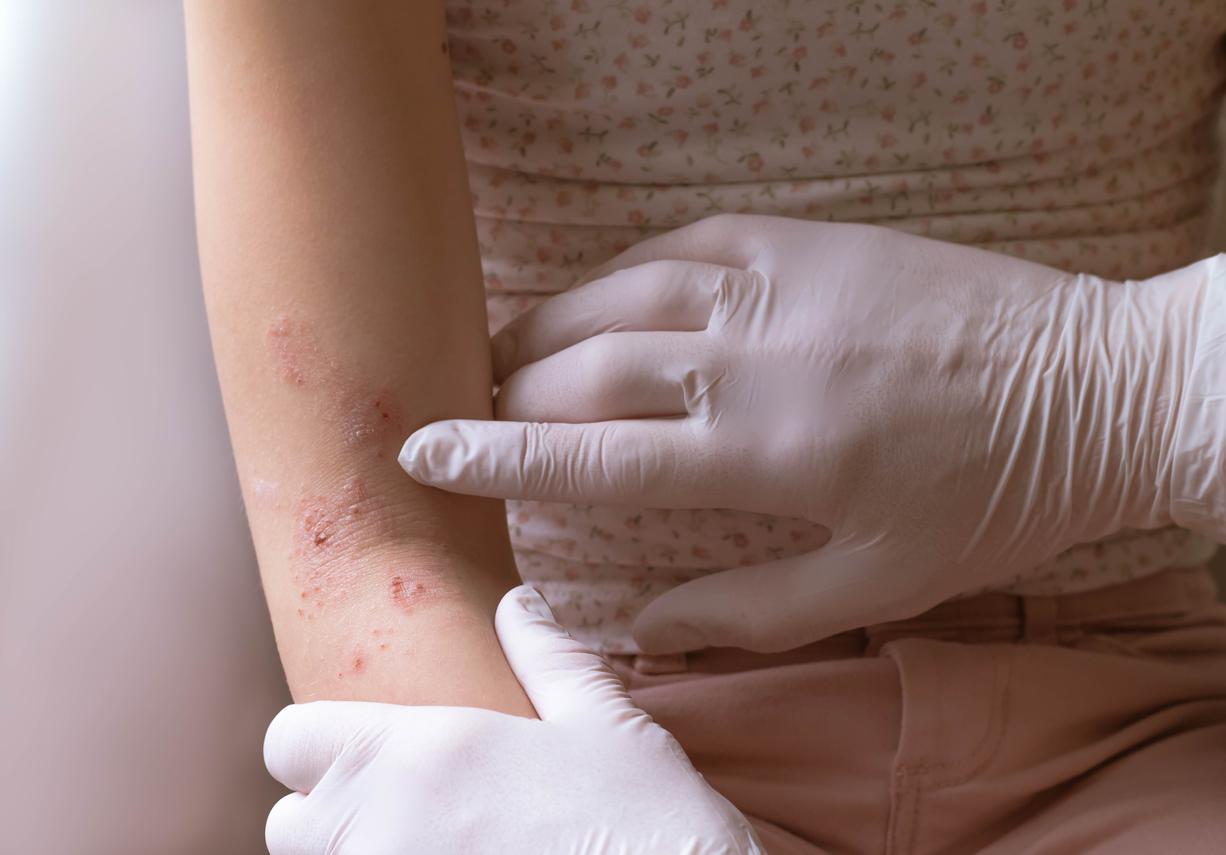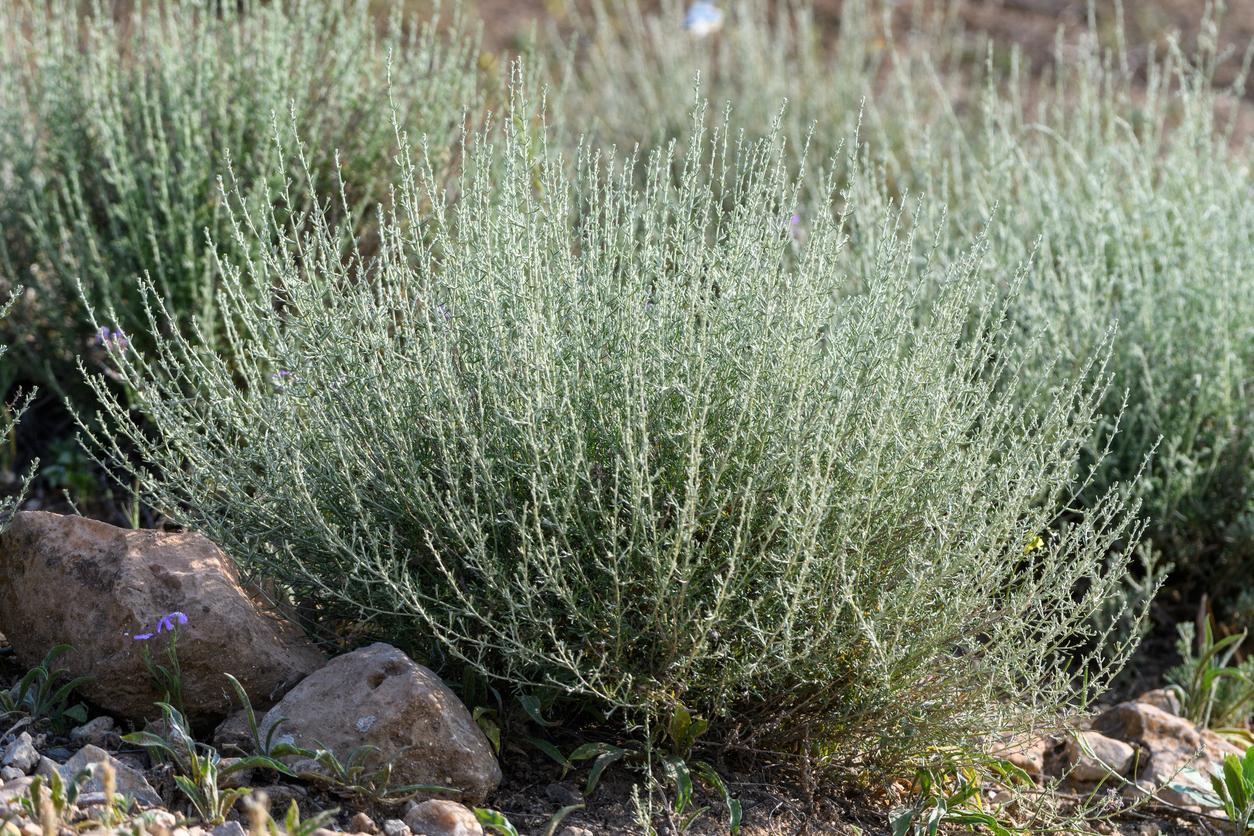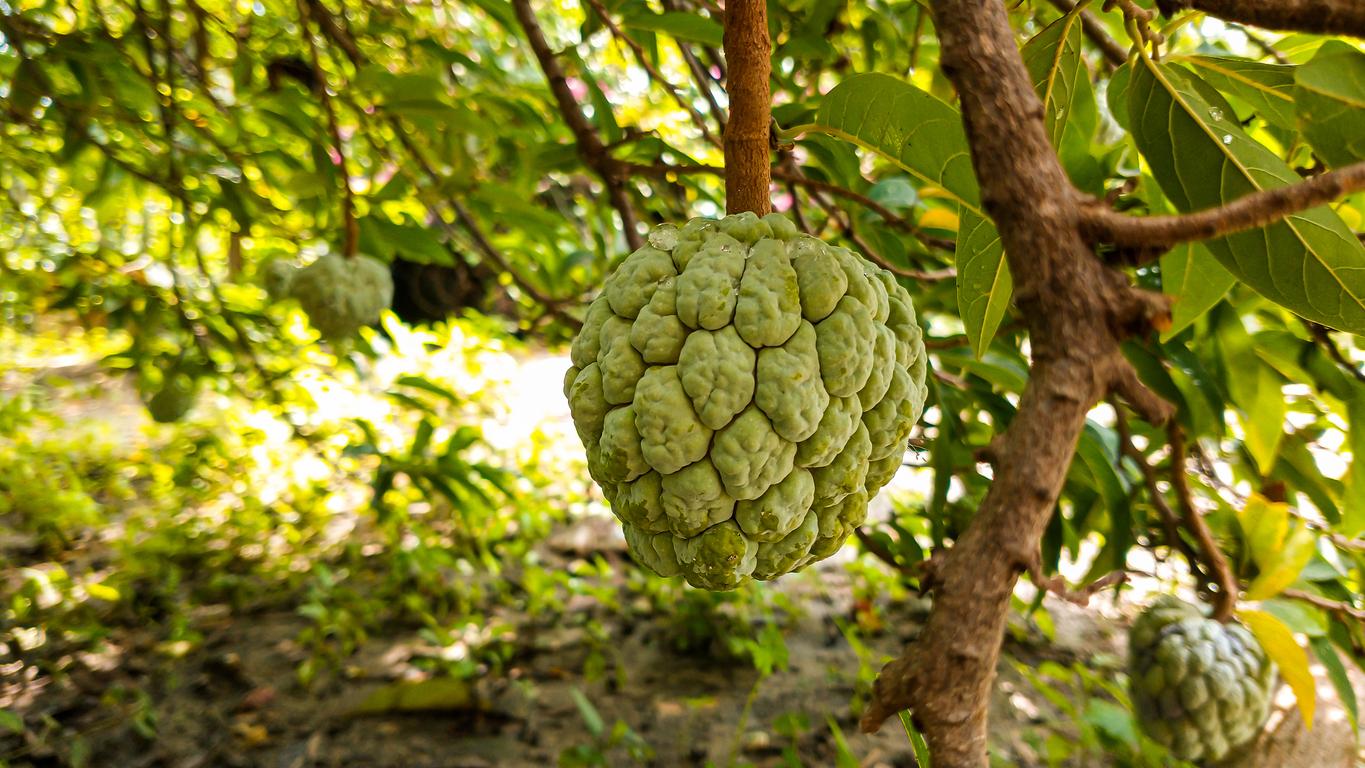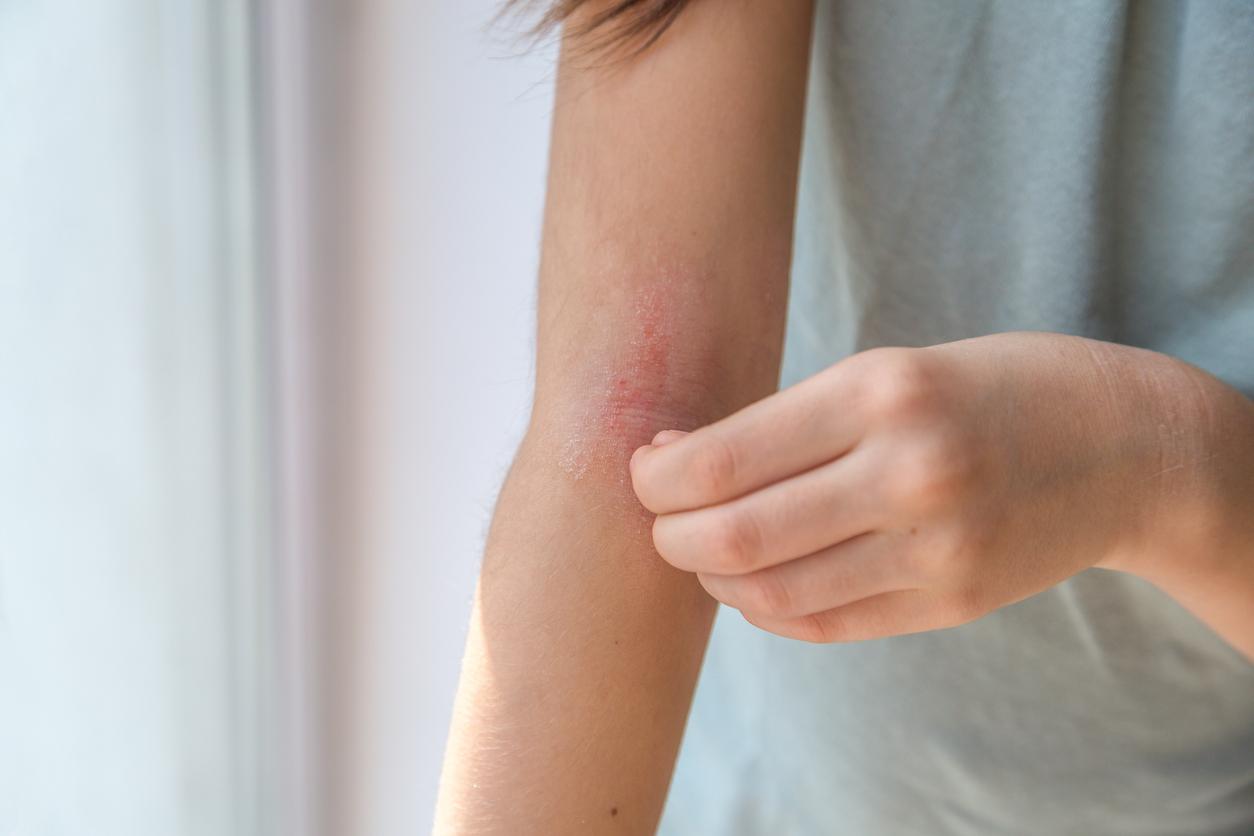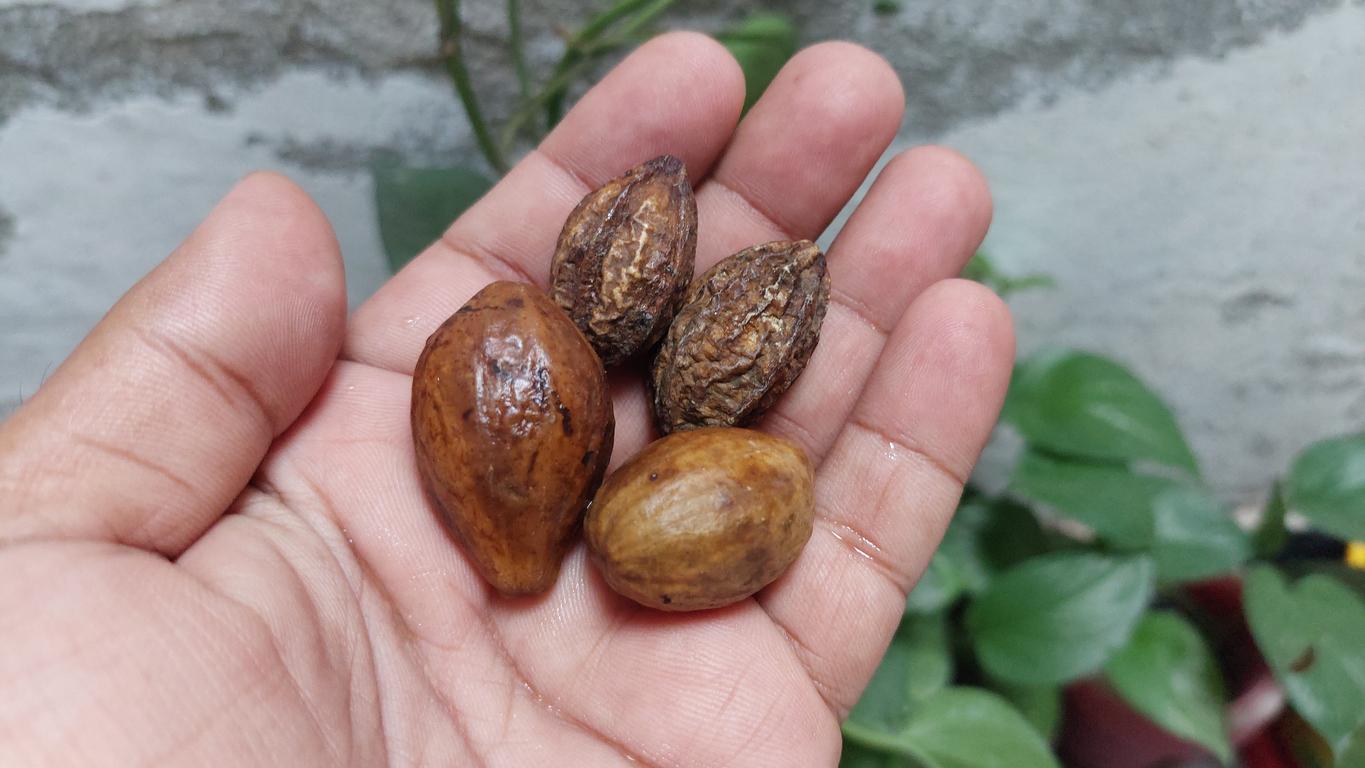Small blisters, red patches, crusts, itching… L’eczema is the most common skin disease. There are two main types: atopic eczema (general) and contact eczema (localized). It is painful, sometimes invasive, and can significantly impact the quality of life of patients. While there are already treatments, a new option could soon be available, thanks to a plant from New Zealand, as a study explains appeared in The Lancet in July 2022.
This new means of treating eczema would come from kanuka, a very widespread plant from the region of Tairawhiti, which would have the advantage of calm the inflammation of eczema and to act as a brake against the risk of infection that arises from injuries related to this disease.
Anti-bacterial, natural anti-inflammatory
To reach this conclusion, researchers from the New Zealand Institute of Medical Research tested a cream made from 3% kanuka oil on 41 people suffering from moderate to severe forms. Facing them, 39 other people received a placebo. And the result turned out to be satisfactory: symptoms were less severe and the condition of the kanuka-treated group was better six weeks after treatment compared to those who did not receive it.
Natural anti-inflammatory and anti-bacterial, kanuka prepared in this way also has the advantage of not causing any noticeable side effects. This could therefore constitute an interesting alternative to accompany patients who suffer from eczema and which are currently mainly treated with drugs that include cortisone.
As a reminder, the dermatocorticoids used to date have local adverse effects such as skin fragility, difficulty healing, acne, abnormal hair growth, depigmentation or even an increased risk of infection, recalls the site Cortisone Info.
Sources:
- Efficacy of a 3% Kānuka oil cream for the treatment of moderate-to-severe eczema: A single blind randomized vehicle-controlled trial, The LancetJuly 15, 2022
- Cortisone-info, Public Assistance Paris Hospitals










